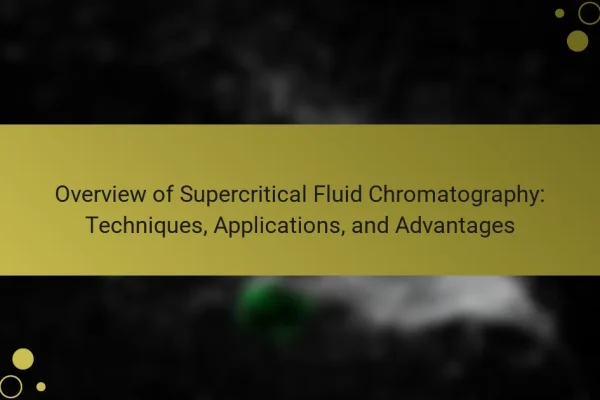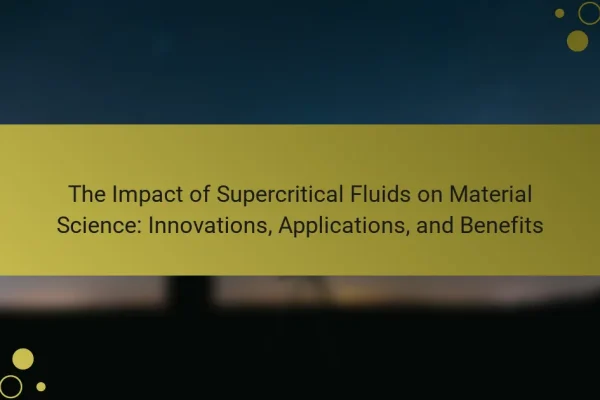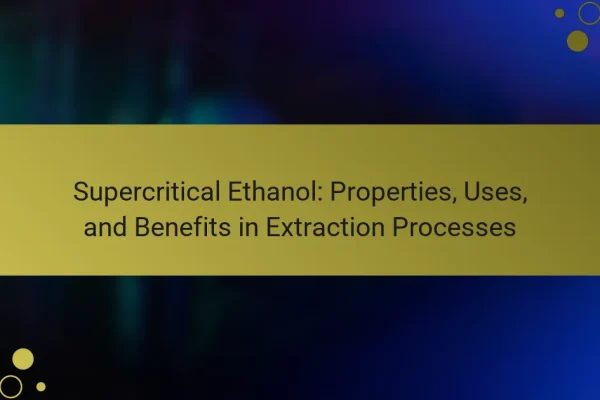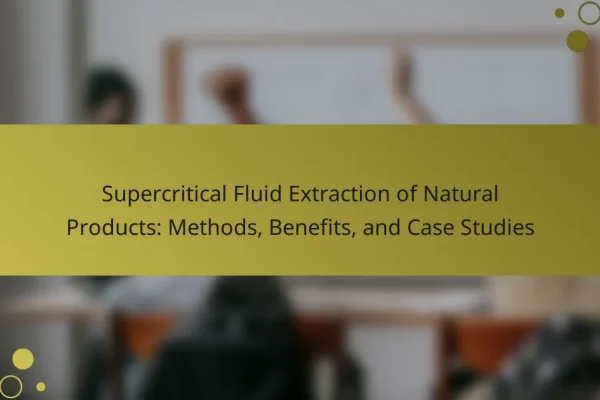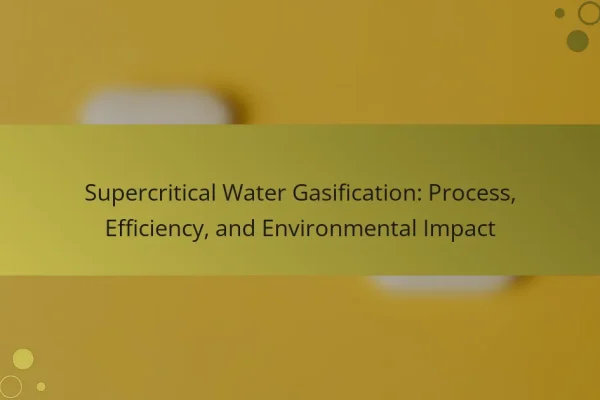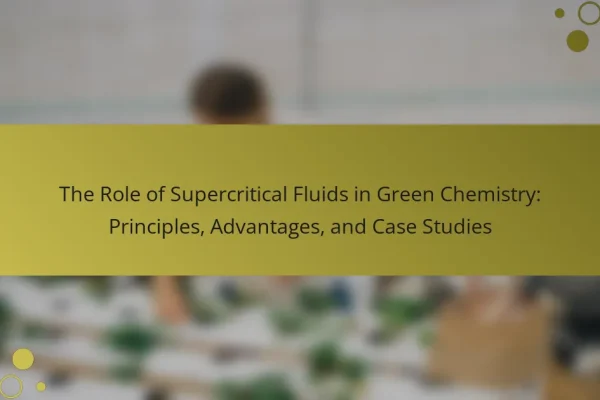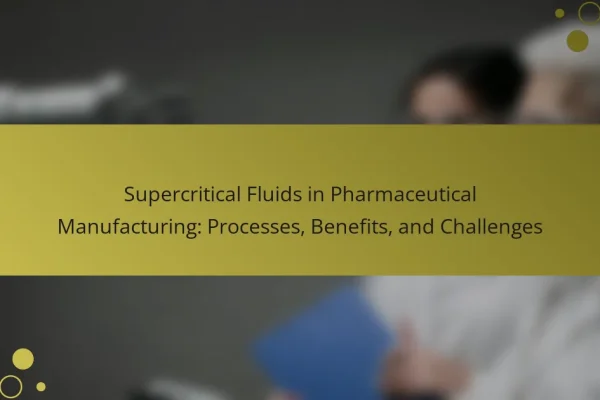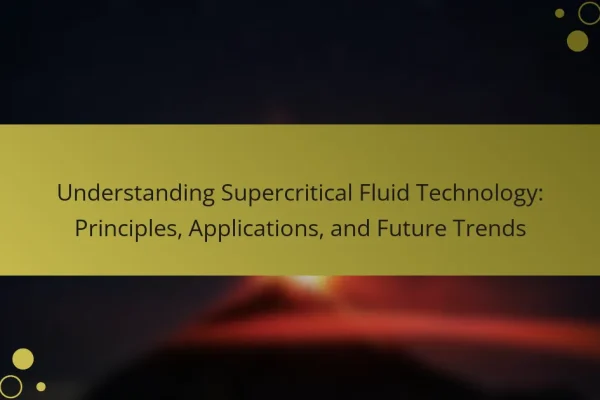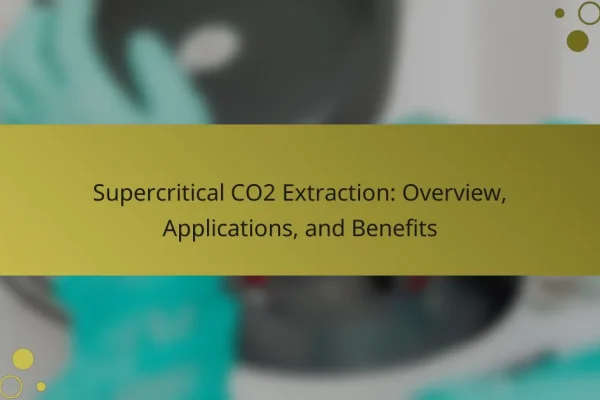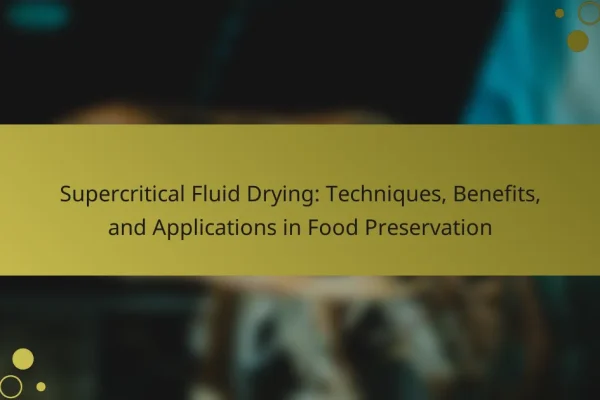
Supercritical Fluid Drying: Techniques, Benefits, and Applications in Food Preservation
Supercritical Fluid Drying (SFD) is a drying technique that employs supercritical fluids, primarily carbon dioxide, to effectively remove moisture from materials while preserving their quality. This process operates under elevated pressure and temperature, allowing the supercritical fluid to extract water without causing thermal degradation. SFD is particularly beneficial in food preservation, as it maintains the…
